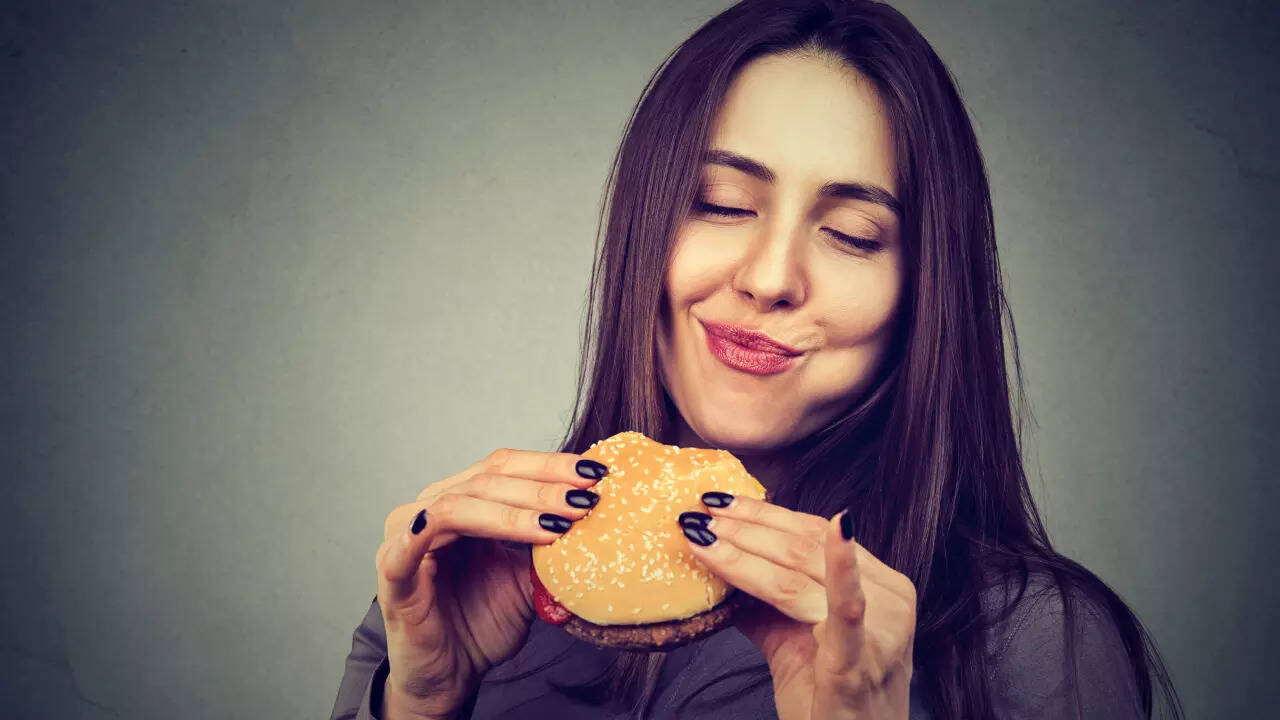Is chewing food linked with a long and healthy life? This is the exact number of times one should chew food |

We all consume food. Eating food is a regular part of our lives. But how you eat your food is crucial. More specifically, the way you eat has a lot to do with your health and overall wellness. So, how many times do you chew your food before swallowing? 5, 10, 20? Well, how many times you chew food can impact digestion, nutrient absorption, and overall health. Let’s dive deeper. The science behind chewingDigestion starts in your mouth, and chewing is the first step. This is where you start to break down food into smaller particles to process it better and easier in the stomach and intestines. When you chew thoroughly, it triggers saliva production, which contains enzymes like amylase that begin breaking down carbohydrates. So, the more you chew, the less your digestive system has to work. How many times should you chew

Well, how many times you should chew your food before swallowing really depends on the food, person, and eating habits. While some chew each bite 20, others do it 40 times. A recent study found that participants who chewed almonds 40 times absorbed more healthy fats than those who chewed only 10 times. However, the exact number varies by individual and food type.Chewing 32 times

Well, you must have heard about chewing food 32 times. This idea gained popularity in the late 19th century with Horace Fletcher, a health advocate, promoting it. His theory suggests that chewing 32 times is good for health. However, it really lacks scientific evidence. Also, chewing 32 times does not really apply to all foods. For instance, if you are biting on a watermelon, 10 to 15 times will do the job. However, when it comes to nuts or steak or meat, 40 chews might be required. What should you do

So, how many times should you chew? Well, there is no one-size-fits-all answer. However, aim to chew at chew about 20 to 30 times for most foods. This would, of course, vary depending on the texture. For instance, you don’t really need to chew yogurt 30 times. The idea should be to chew more and reduce the load for your digestive system. Health benefits of chewing more

Chewing food properly can dramatically benefit your health. From reducing bloating, acid reflux, and digestive discomfort, chewing can help you in more ways than one. Eating slowly by taking more chews and smaller bites helps extend the meal duration, which is linked to better digestion and weight control. “If we want to help people eat more slowly, we should focus less on telling them how to chew and more on helping them choose meals that require slower, more deliberate eating; this could be a simple yet powerful tool in our fight against obesity and related diseases,” says Prof. Katsumi Iizuka from Fujita Health University, Japan, and author of a recent study on meal type and chewing said.
“One key factor affecting meal speed is how the food is served and eaten. Bento meals are served in small portions that need to be picked up with chopsticks, which slows down the process. In contrast, pizza is eaten by hand and is often designed to be eaten quickly. This difference in serving style plays a big role in how fast people eat,” Prof. Iizuka added. A 2023 study also found that chewing properly may improve blood sugar levels in patients with Type 2 diabetes. “Our findings show there is a strong association between mastication and controlling blood glucose levels among T2D patients,” University at Buffalo researcher Mehmet A. Eskan said.




